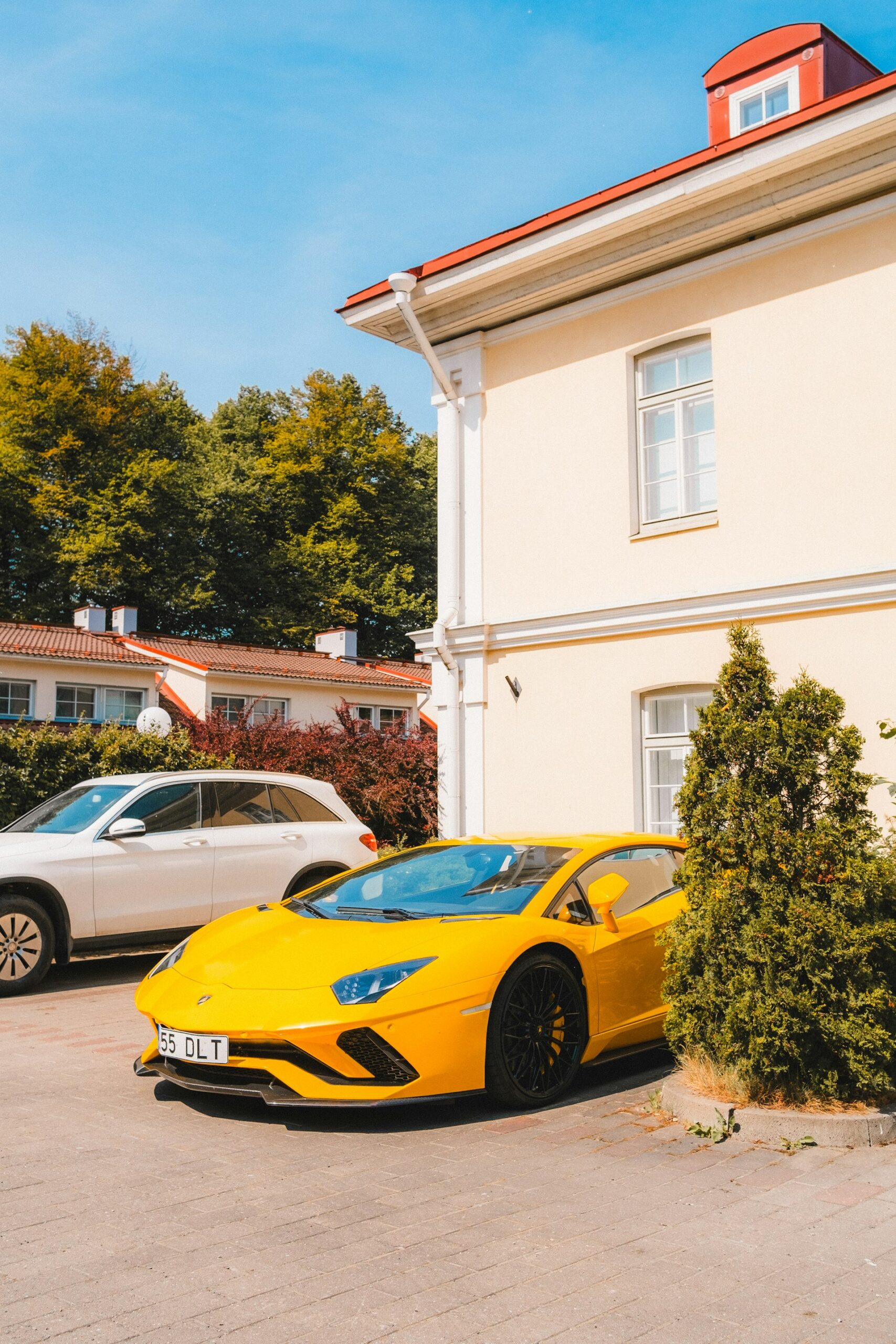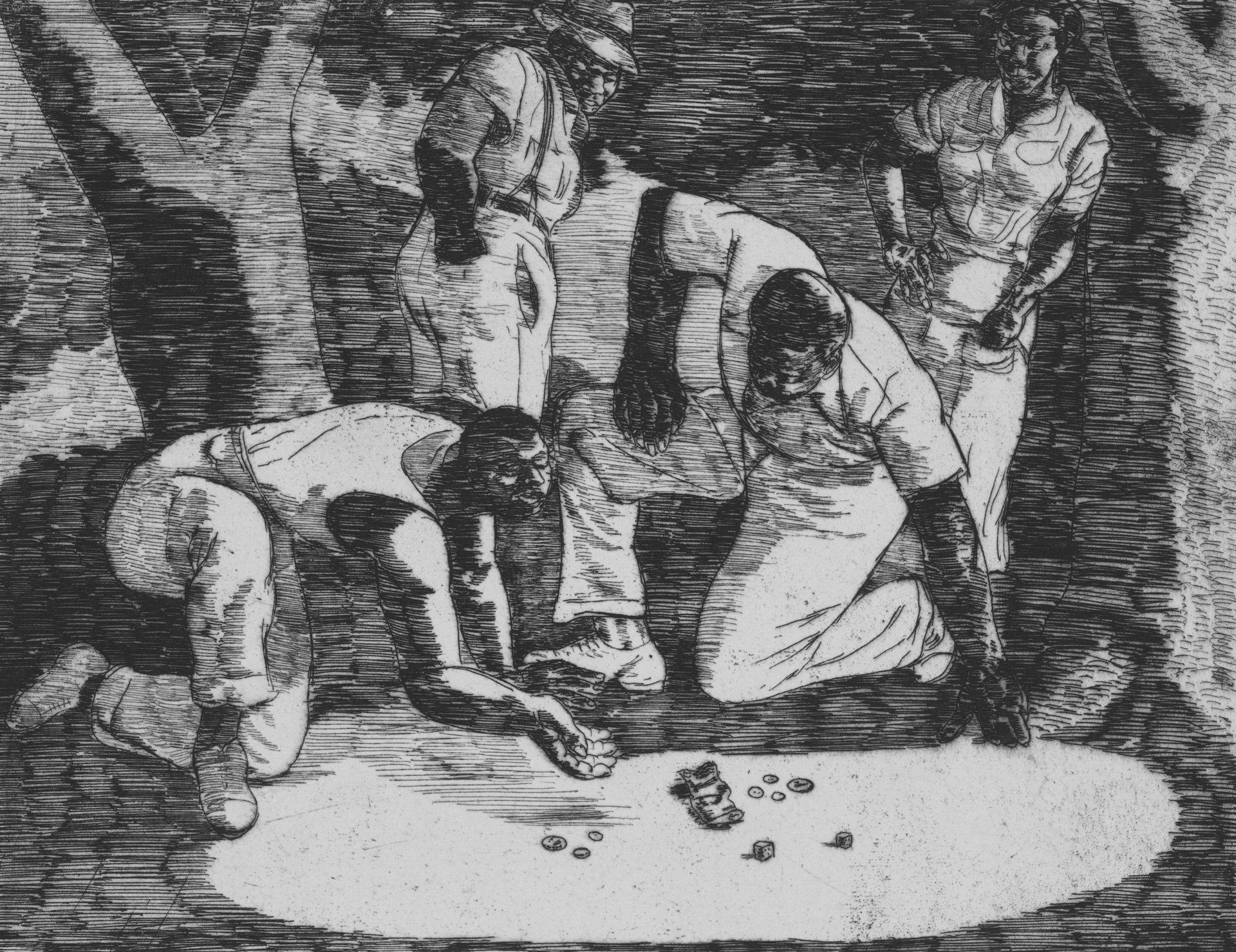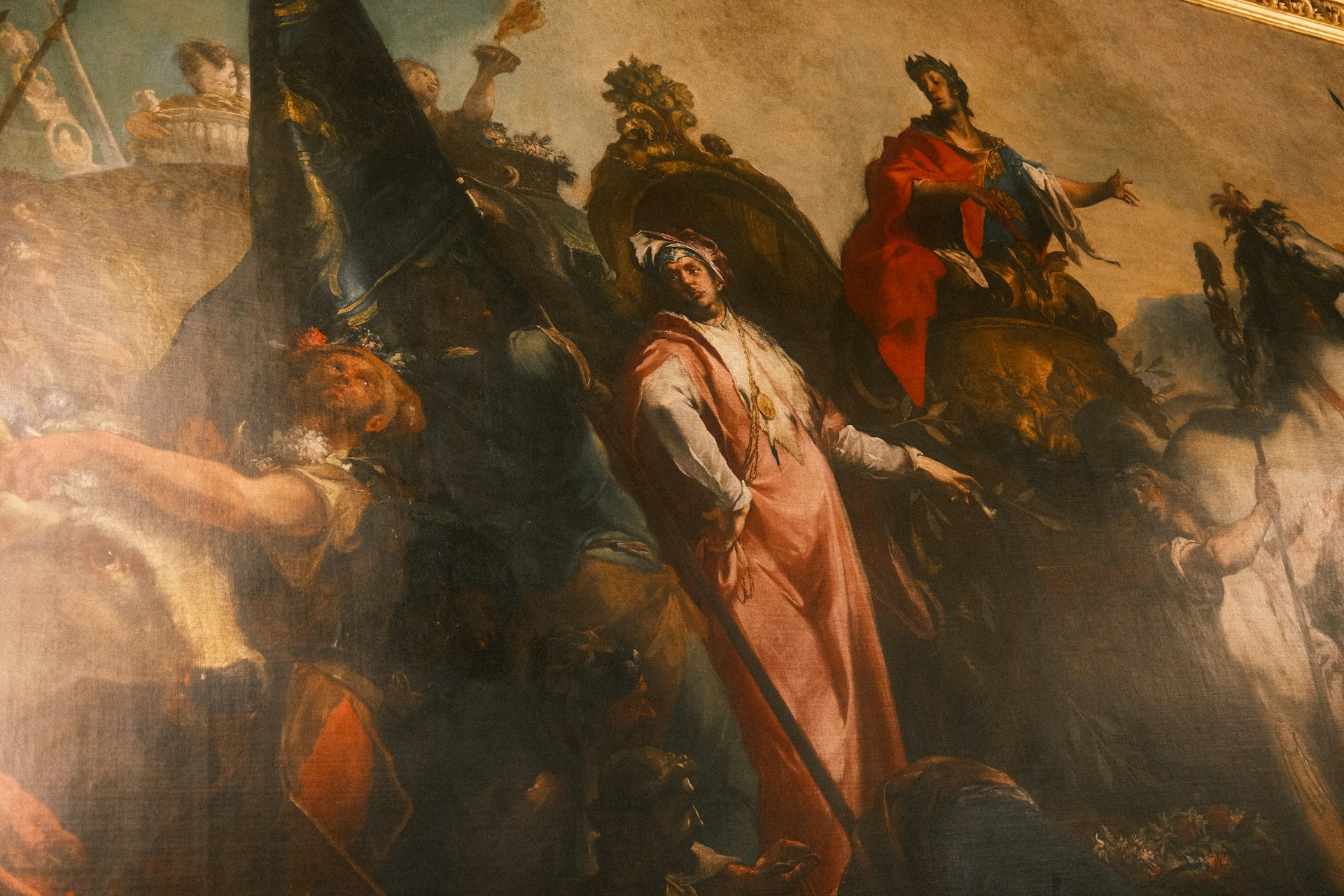How Secret Societies Have Shaped Political Change Throughout History

Photo by Andrew Keymaster on Unsplash
Introduction: Understanding Secret Societies and Their Political Role
Throughout history, secret societies -clandestine organizations whose activities, membership, and inner workings are concealed-have played critical roles in political change [4] . Their influence stretches from shaping revolutions and reform movements to affecting policy, leadership, and national identity. To truly understand their impact, it is essential to examine not only their secretive nature but also the mechanisms through which they have altered the political landscape.
The Origins and Functions of Secret Societies
Secret societies have existed for centuries, often emerging in response to oppressive regimes or restrictive social orders. Members sought
safe spaces for open dialogue
on issues ranging from religion to politics, away from the scrutiny of church and state
[1]
. These groups developed their own leadership structures and constitutions, fostering innovation and dissent. For instance, historical figures like
Voltaire
,
George Washington
, and
Benjamin Franklin
participated in such societies, helping incubate democracy and modern science
[1]
.
Secret Societies as Catalysts for Political Change
The clandestine nature of secret societies enabled them to operate outside traditional power structures, making them effective catalysts for political change. Their anonymity protected members from persecution, allowing ideas and dissent to flourish. For example, the Carbonari in 19th-century Italy organized underground efforts to overthrow oppressive governments, directly contributing to Italian unification [2] .
Similarly, the Black Hand in Serbia orchestrated the assassination of Archduke Franz Ferdinand, which ignited World War I and dramatically reshaped global politics [2] . The Ancient Order of Hibernians worked towards Irish independence, using secret networks to advance nationalist causes [2] .
Mechanisms of Influence: Ritual, Secrecy, and Networking
Secret societies typically relied on rituals, hierarchical structures, and coded communications to foster group loyalty and maintain secrecy [4] . These mechanisms not only protected members but also enabled strategic networking among elites. The Skull and Bones society at Yale University, for example, has produced multiple U.S. presidents and influential business leaders by leveraging its exclusive network [2] [3] .
In other cases, societies like the Illuminati sought to educate and enlighten members, with the aim of gradual societal transformation. Their strict hierarchy and discipline ensured that their long-term projects, such as the spread of Enlightenment ideals, would endure across generations [3] .

Photo by Nguyễn Hiệp on Unsplash
Case Studies: Real-World Impacts
The Bilderberg Group demonstrates how modern secretive organizations continue to influence global politics. Founded in 1954, it brings together political and business elites to discuss world affairs, shaping consensus around economic policies. While its true impact is debated, many believe it plays a significant role in global decision-making [2] .
The Propaganda Due (P2) Lodge in Italy, a rogue Masonic group, was exposed for political corruption, Mafia ties, and alleged involvement in assassinations. Its activities led to public outcry and government reforms, exemplifying how secret societies can both undermine and reshape political systems [2] .
Challenges and Controversies
While secret societies can be engines of change, their lack of transparency often breeds suspicion and controversy. Governments have historically cracked down on these groups, fearing their potential for subversion or criminal activity. The Hellfire Club and the Order of the Nine Angles illustrate the darker side, with allegations of criminality, extremism, and corruption [2] .
For those researching the topic, it is important to distinguish between fact and myth. Many societies, like the Priory of Sion, have inspired popular conspiracy theories but lack verifiable historical impact [2] . Always consult authoritative sources and academic research to separate sensationalism from reality.
How to Research and Access Information on Secret Societies
If you wish to learn more about a particular society’s political impact, begin by searching official archives, university libraries, and credible history organizations. The Smithsonian Magazine provides detailed articles on lesser-known secret societies [1] . Wikipedia offers a broad overview, though information should be cross-referenced with scholarly sources [4] .
For academic research, you can:
- Visit university library archives, such as Yale University Library for Skull and Bones documents [3] .
- Search history databases for peer-reviewed articles on specific societies and their political actions.
- Contact history departments at major universities for guidance and recommended reading.
When investigating claims about secret societies, use search terms like “political impact of secret societies,” “history of [society name],” or “archives [society name].” If you seek government records, consult national archives and official government websites, using qualifying language when uncertain about the availability of documents.
Step-by-Step Guidance for Further Research
1. Identify the society of interest and its historical context. 2. Compile a list of credible sources (academic journals, official archives, reputable news outlets). 3. Search for primary documents, including meeting minutes, letters, and government reports. 4. Compare findings across multiple sources to ensure accuracy and avoid bias. 5. Consult experts in history or political science for deeper analysis. 6. If no verified sources exist online, visit physical archives or contact university librarians for assistance.
Alternative Approaches and Key Takeaways
If you struggle to find direct references or evidence, broaden your research to include related organizations, social movements, or influential individuals linked to secret societies. Many societies operated in tandem with broader reform movements, so their influence might be documented under national or regional histories.
Always approach sensational claims with skepticism. Secret societies often attract conspiracy theories, but their real-world impact can usually be traced through documented actions, legislative changes, and shifts in political power. By focusing on verified sources and thorough research, you can gain a nuanced understanding of how these groups have shaped history.
References
- [1] Smithsonian Magazine (2016). “Eight Secret Societies You Probably Haven’t Heard Of.” Overview and impact of secret societies.
- [2] History Collection (2022). “30 Secret Societies That Shaped History.” Case studies on political and social influence.
- [3] YouTube (2019). “Secret Societies: The World of Conspiracies and Hidden Power.” Documentary on Skull and Bones and the Illuminati.
- [4] Wikipedia (2024). “Secret society.” Definitions and organizational structures.



